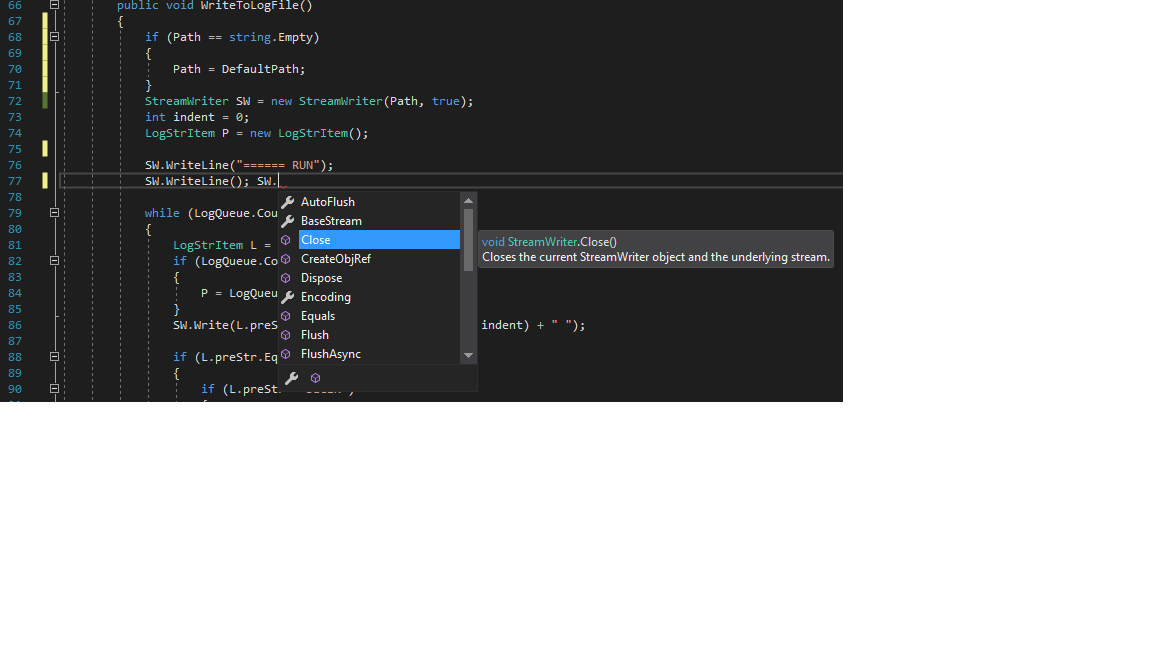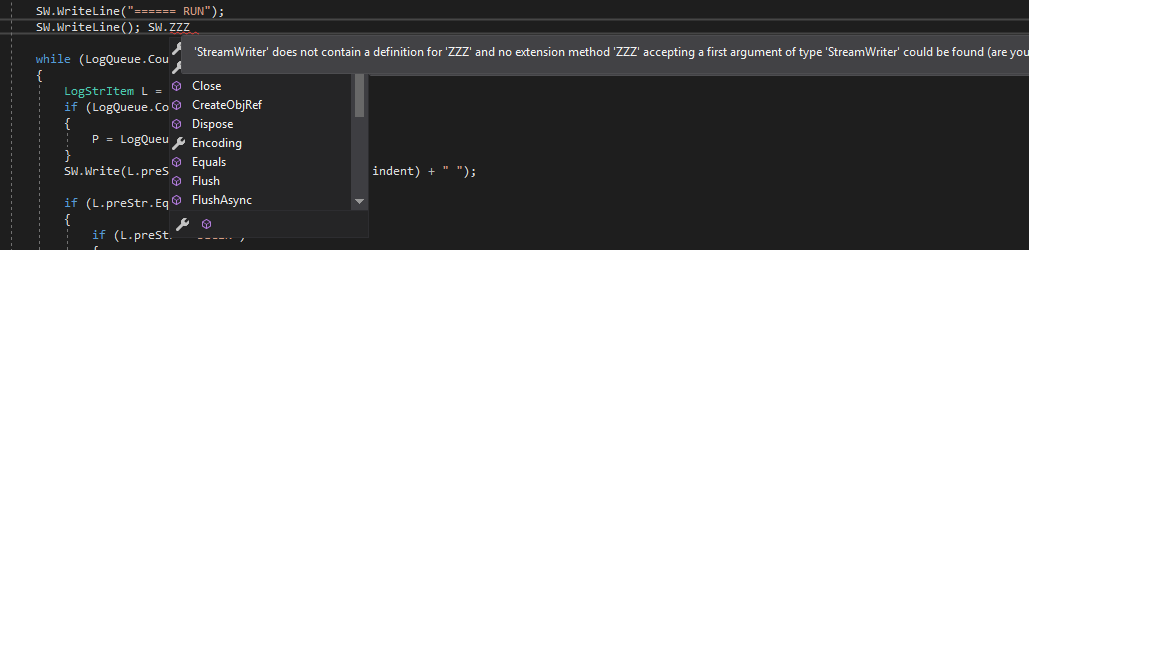What programing language should I learn first? I'm a beginner B.Tec 1st Year student.
Plinth 0 Newbie Poster
Recommended Answers
Jump to PostPython is a solid first choice, it's really easy to get up and running, it's very sensibly designed and has plenty of libraries to choose from when you start doing more advanced things.
Jump to PostI agree with pty. Python is a great first choice. That's why many schools/universities are using it as a first language. You chould learn C but I would wait until you have a grounding in programming fundamentals. There are gotchas in every language, but the ones in c are harder …
Jump to PostIf you have any of the MS Office products installed (especially Excel), you could experiment with VBA (Visual Basic for Applications) immediately.
It's a fairly safe environment where you can understand how code flows and the use of functions and classes without needing to understand operating system quirks.Python is …
Jump to PostAnother advantage of Python (and other interpreted languages) is that you can learn the syntax much more quickly and easily while using a REPL. For those who don't know, you can just type …
Jump to PostIs your C drive full because of the VS? :D
The point dd, is that Python is a beautifully easy language to start with and that you don't need high spec IDEs to begin using it. I'm not slagging off VS - I now have it myself on a new …
All 26 Replies
pty 882 Posting Pro
ddanbe 2,724 Professional Procrastinator Featured Poster
Reverend Jim 5,225 Hi, I'm Jim, one of DaniWeb's moderators. Moderator Featured Poster
thines01 401 Postaholic Team Colleague Featured Poster
ddanbe commented: I do C# as a hobby, love it! +0
Stefce 146 Posting Pro
JamesCherrill 4,733 Most Valuable Poster Team Colleague Featured Poster
AndrisP 193 Posting Pro in Training
ddanbe 2,724 Professional Procrastinator Featured Poster
Gribouillis 1,391 Programming Explorer Team Colleague
ddanbe 2,724 Professional Procrastinator Featured Poster

diafol
rproffitt 2,701 https://5calls.org Moderator

diafol
rproffitt 2,701 https://5calls.org Moderator
Reverend Jim 5,225 Hi, I'm Jim, one of DaniWeb's moderators. Moderator Featured Poster
pty 882 Posting Pro
ddanbe 2,724 Professional Procrastinator Featured Poster
pty 882 Posting Pro
ddanbe 2,724 Professional Procrastinator Featured Poster
pty 882 Posting Pro

diafol
Gribouillis 1,391 Programming Explorer Team Colleague

diafol
Reverend Jim 5,225 Hi, I'm Jim, one of DaniWeb's moderators. Moderator Featured Poster
ddanbe 2,724 Professional Procrastinator Featured Poster

diafol
Be a part of the DaniWeb community
We're a friendly, industry-focused community of developers, IT pros, digital marketers, and technology enthusiasts meeting, networking, learning, and sharing knowledge.

